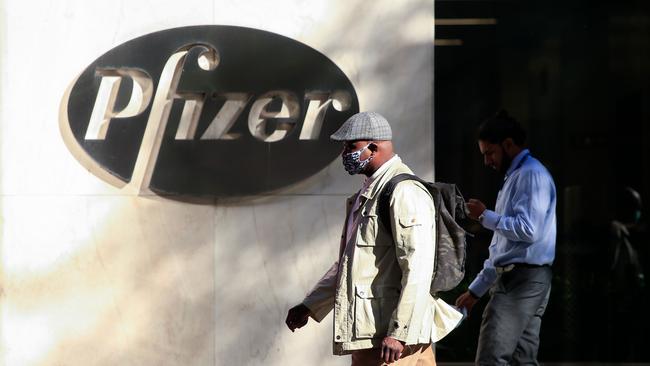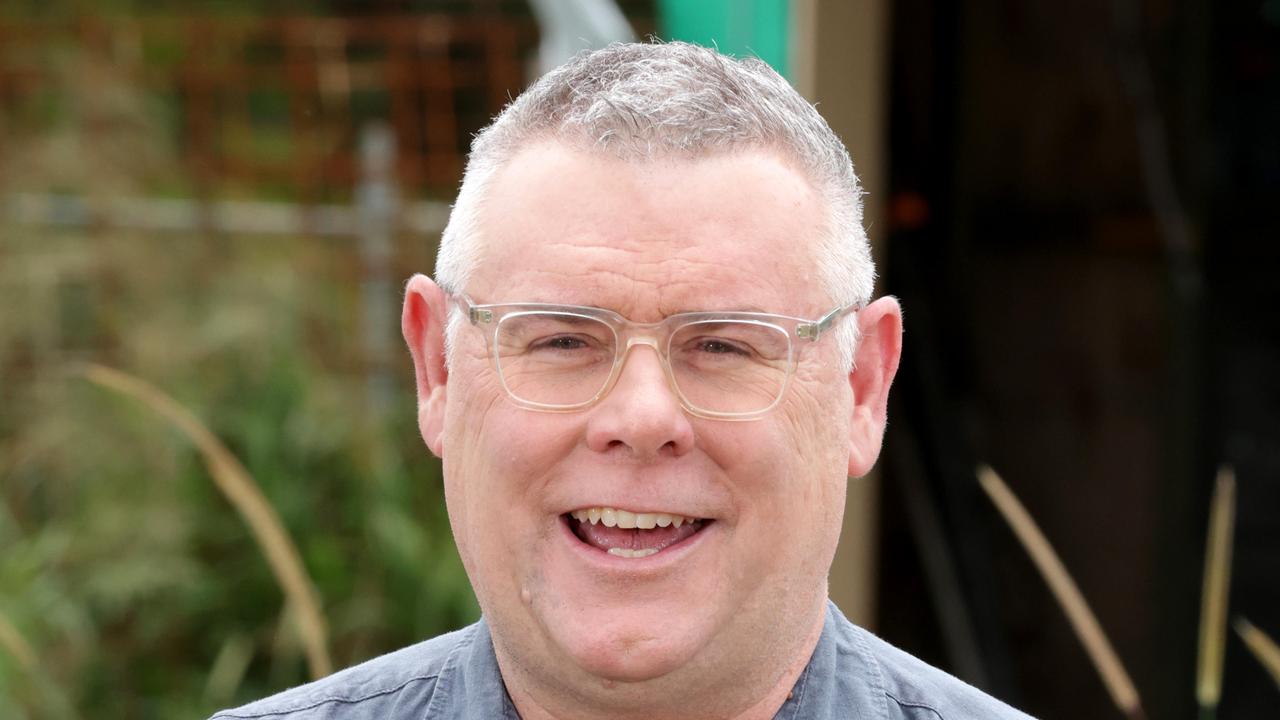Coronavirus: Pfizer boosts its output to 2bn doses
The head of pharmaceutical giant Pfizer says its has produced more of its Covid vaccine than can be used ‘right now’.

The head of pharmaceutical giant Pfizer says its has produced more of its Covid vaccine than can be used “right now’’ and the company plans to dramatically increase production of the vaccine over the course of the year.
The comments from Pfizer chairman and chief executive Albert Bourla came despite Australia’s chief health officer insisting that 10 million doses remained the maximum that the company could give the nation in the first six months of this year.
Mr Bourla said Pfizer would “dramatically increase” production of its COVID-19 vaccine, with plans to manufacture up to two billion doses that will be available to countries around the world.
He told US media there would be no issues with supplying large quantities of vaccines to overseas nations.
“So far I don’t think that we have an issue with offering fewer vaccines than the country, or the countries frankly, need,” Mr Bourla said. “We have much more than they can use right now. So I think the main (task) is to make sure we ramp up our operations so we can administer more vaccines.
“When it comes to our ability to manufacture, we are now very confident that we will increase dramatically our production this year.”
The Morrison government has revealed that it has been unable to secure more than the original 10 million doses of the vaccine that Pfizer is supplying to Australia in line with the pre-purchase agreement it signed.
The government said it was in “constant contact” with Pfizer but no more vaccines were being offered. It struck its original supply deal with the US pharmaceutical giant last November.
“We posed the question to them: how much vaccine could you give us in the first half of 2021 and they gave us an answer, and then we negotiated on the price,” the Chief Health Officer, Paul Kelly, said on Wednesday.
“That answer was 10 million. And we are continuing and having many, many conversations with them. At the moment, that’s what it is — and, frankly, there are other countries in the world that need it more than we do right now.”
Five million Australians will receive early access to the Pfizer vaccine under a rollout plan due to begin in mid-February. Healthcare workers, the elderly and the vulnerable will be given priority access to the first jabs.
The government is relying on other vaccines, including the AstraZeneca vaccine and potentially the Novavax vaccine, to immunise the rest of the population.
Pfizer’s vaccine had an efficacy rate of 94 per cent in Phase 3 clinical trials. AstraZeneca’s efficacy rate was 62 per cent for trial participants who received two full vaccine doses. Other participants who were accidentally given a half dose reported an efficacy rate of 90 per cent.
By the end of 2020, Pfizer had already manufactured 70 million doses of its vaccine, and 33 million more doses so far in January. The speed of production was “much higher than what we forecast before”, Mr Bourla said, describing the speed of the production as “tremendous”.
“What our manufacturing (arm) did was almost another miracle,” he said.



